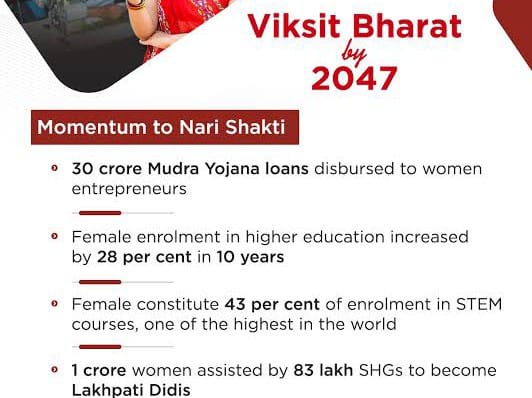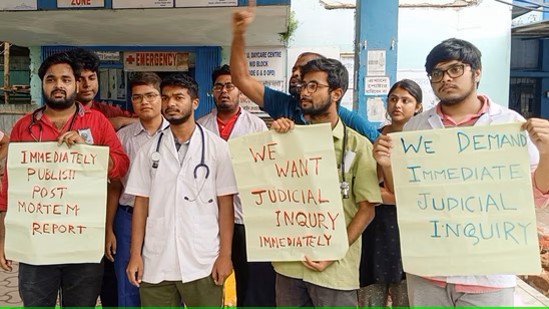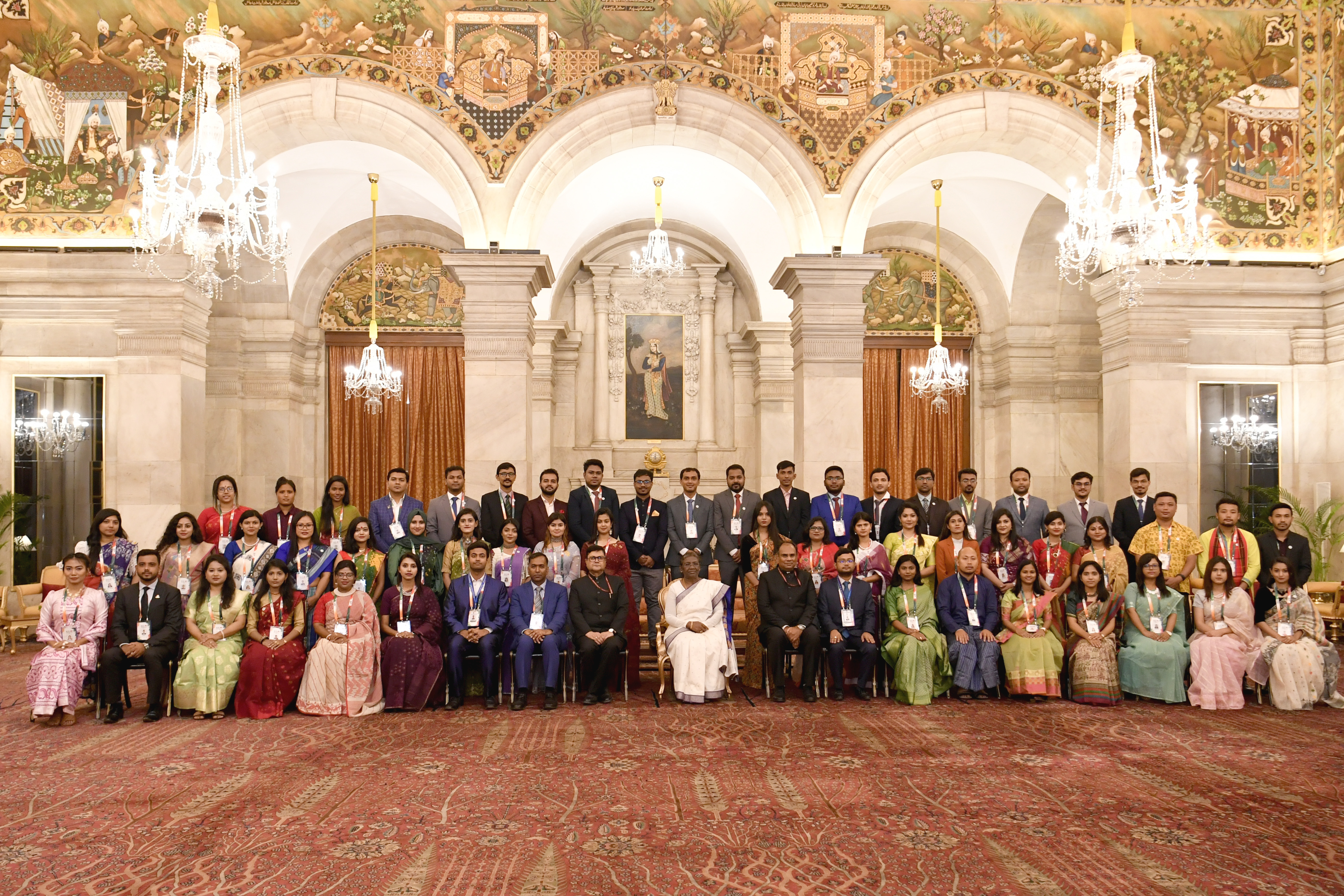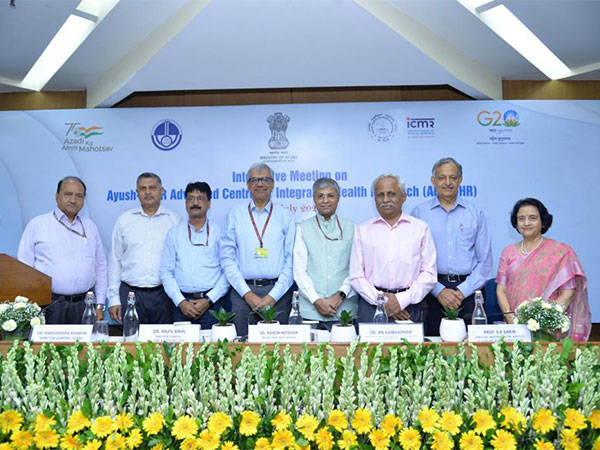The Union Budget 2024-25 presents a strategic plan to achieve ‘Viksit Bharat’ by emphasizing nine key areas aimed at creating ample opportunities for all citizens, propelling India towards becoming a developed nation.
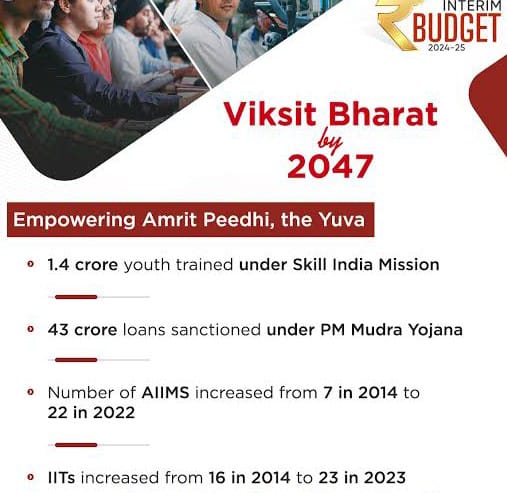 Key Priorities:
Key Priorities:
- Agriculture productivity and resilience
- Employment & skilling
- Inclusive human resource development and social justice
- Manufacturing & services
- Urban development
- Energy security
- Infrastructure
- Innovation, research & development
- Next-generation reforms
The budget underscores the importance of skilling and employment in nation-building. Equipping the workforce with necessary skills meets industry demands, driving innovation and productivity. Employment ensures economic stability, empowers individuals, enhances quality of life, and contributes to societal progress.
India, with a median age of 28, stands to benefit from its youthful population by developing a workforce with employable skills. Although 65% of India’s population is under 35, many lack the skills needed in today’s economy. Currently, about 51.25% of the youth is deemed employable, a significant increase from 34% a decade ago (India Skills Report, Wheebox).
This highlights the importance of government initiatives to boost skill development and bridge the employability gap.
The Government of India is committed to enhancing employability and fostering entrepreneurship through various initiatives. Under the Union Budget 2024-25, a new centrally sponsored scheme aims to skill 20 lakh youth over five years and upgrade 1,000 Industrial Training Institutes (ITIs). Additionally, the revised Model Skill Loan Scheme will provide loans up to ₹7.5 lakh with government guarantees, benefiting 25,000 students annually. Financial support for loans up to ₹10 lakh for higher education and e-vouchers with a 3% annual interest subvention for 1 lakh students each year will also be provided.
Continuing support for established programs like the National Policy on Skill Development & Entrepreneurship (NPSDE) and Pradhan Mantri Kaushal Vikas Yojana (PMKVY) remains crucial. PMKVY has trained over 1.42 crore individuals since 2015, integrating over 1,000 educational institutions as Skill India Centres. The Craftsmen Training Scheme (CTS), with 14,955 ITIs, focuses on long-term vocational training, with notable growth in female participation. Jan Shikshan Sansthan (JSS) targets non/neo-literates, training 26.36 lakh individuals from FY19 to FY24, with women constituting 82% of beneficiaries.
The National Apprenticeship Promotion Scheme (NAPS) has engaged 32.38 lakh apprentices, significantly increasing female participation. Entrepreneurship training through institutions like the National Institute for Entrepreneurship and Small Business Development (NIESBUD) and the Indian Institute of Entrepreneurship (IIE) has trained 4.64 lakh individuals from FY19 to FY24. The Skill India Digital Hub, launched in August 2023, enhances access to skilled resources and integrates multiple government initiatives, engaging over 60 lakh learners.
Efforts extend to emerging sectors like Green Hydrogen and the PM Vishwakarma initiative, upskilling diverse populations. Global standard skilling is advanced through Skill India International Centers and international partnerships, promoting mutual recognition of qualifications and international mobility. The National Skill Development Corporation (NSDC) collaborates with industry through innovative finance mechanisms like the Skill Impact Bond, training and placing thousands of youths, including many women. The Directorate General of Training (DGT) partners with major corporations to provide industry-relevant skills training, preparing trainees for Industry 4.0 and beyond.
The government has introduced a robust package targeting 4.1 crore youth over five years. This includes three Employment-Linked Incentive Schemes:
- Scheme A: Offers up to ₹15,000 in three installments for first-time employees registered with EPFO.
- Scheme B: Provides incentives for EPFO contributions for both employees and employers in the first four years of employment, promoting job creation in manufacturing.
- Scheme C: Reimburses up to ₹3,000 per month for two years towards EPFO contributions for each additional employee, easing employers’ financial burden.
A new internship scheme will provide opportunities for 1 crore youth in 500 top companies, offering valuable industry exposure and experience.
To increase female workforce participation, the government will establish working women hostels and crèches, organize women-specific skilling programs, and promote market access for women-led Self-Help Group (SHG) enterprises.
Through these comprehensive initiatives, the government aims to address immediate employment needs while building a sustainable framework for long-term skill development and job creation, maximizing India’s demographic dividend.

